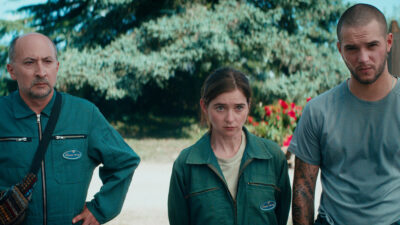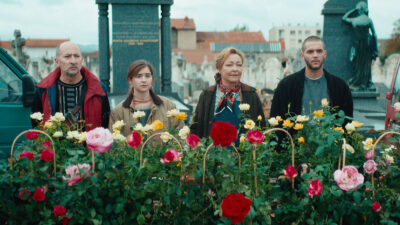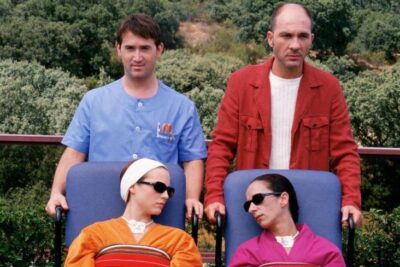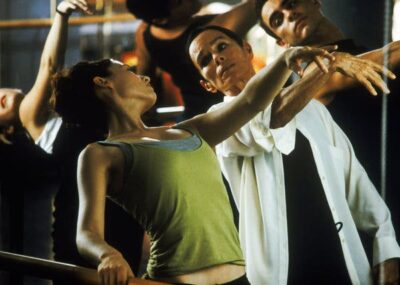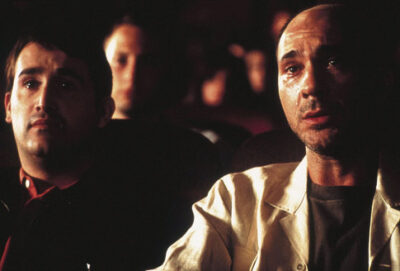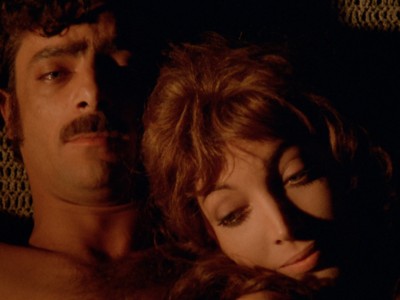We all know of the tragedy that is happening in Ukraine because of the Russian invasion. Thousands of civilians are dying in the streets while as of today 3,000,000 people are fleeing the country.
Film exhibitors around the country want to do their small part. Working with filmmaker Oles Sanin, who is currently in Ukraine, we have banded together to screen his 2014 Ukrainian film The Guide and will donate 100% of the proceeds to help his fellow Ukrainians. We’ll begin screening the film this Friday at the Monica Film Center. The Guide follows an American boy named Peter and and a blind minstrel, Ivan, who are thrown together by fate during the Stalin-perpetrated genocide in 1930s Ukraine.

Here’s the official website: STAND WITH UKRAINE THROUGH FILM
Here is a message from the director that will precede the screenings:
Here is the film’s trailer:


